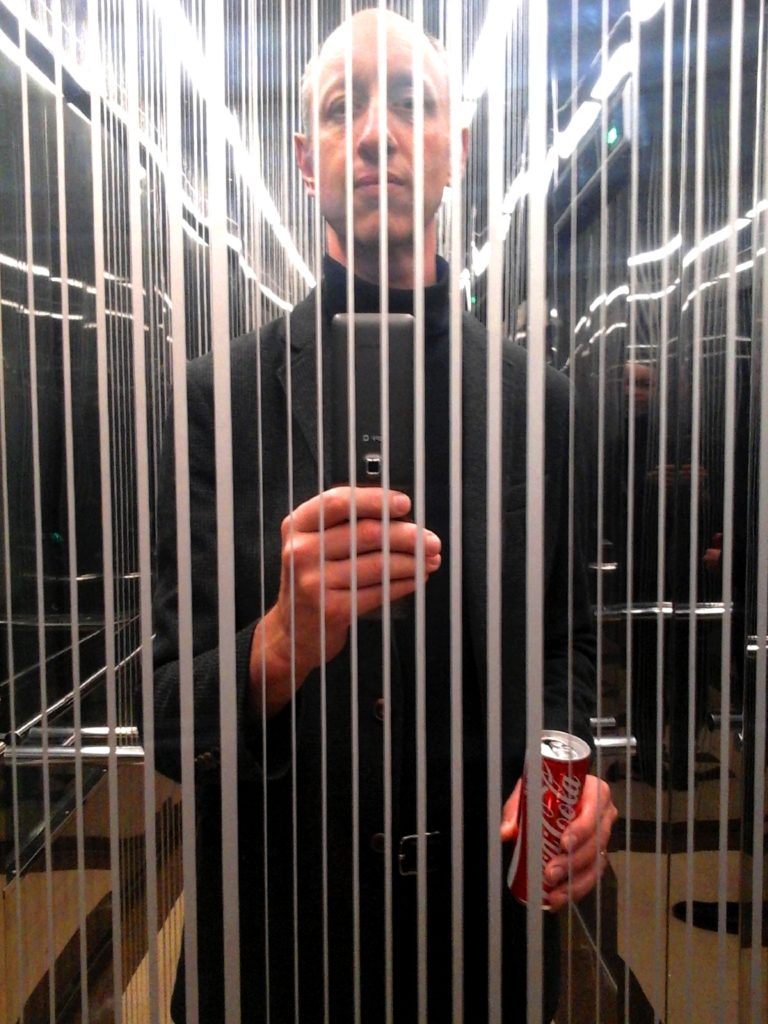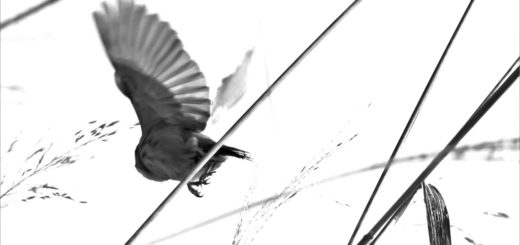A Little Stock-Taking
For decades, we all tried to deny this looming cloud to some degree in order to carry on with our daily lives and interests. Some even tried to deny the threat outright, on the grounds that they could still carry on with their daily lives — as though “daily life” were evidence of freedom. This year, however, denial has become impossible: You live in a totalitarian state. And that “you” refers to anyone, in any “advanced” nation on Earth. The only difference among us now, regarding this status, is whether one is part of the cowardly majority that accepts the government as its savior, or part of the hated (and shrinking) minority that despises the loss of every last shred of political self-determination.
How did the people of past eras withstand and survive the truly terrifying pandemics of the past without entirely losing their humanity or collective will to live, while we have anxiously sacrificed every bit of our dignity and mutual respect in the face of what amounts, in ultimate health effect, to an unusually bad flu year?
To answer that question in the simplest and most synoptic form: Those people of the past believed in God. They had religion, prayer, a faith in the judgment of eternity, and lives based on the presupposition that their mere biological existence — let alone their immediate material comfort — was of no great significance next to the fear of losing their immortal souls to damnation or oblivion.
Today, by contrast, oblivion is our presumed starting point, which makes life for us nothing but a hopeless clinging to this fragile body and its momentary pleasures, even while we know, with our oh-so-scientific minds, that these very things to which we cling are cosmically meaningless and infinitely insignificant. We eagerly sacrifice our own freedom and destroy our neighbor’s life for the sake of “goods” we know to be worthless — we rational ones.
Rock music used to lie to itself and its fans that it was about rebellion, standing up to authority, and sticking it to “the man.” (In truth, it was about money, sex, and drugs.) Today, there are exactly two famous rock musicians, both of them ancient “has beens,” willing to stage a real rebellion, make a peep against real abuse of authority, or stick it to anyone except those bad people who refuse to stay home and wear their masks.
Irish songwriter Van Morrison — as close to being a “living legend” as anything contemporary pop music will produce — has released a series of new songs directly assaulting British fascism in the lockdown era (read Armond White’s praise of Morrison’s effort here), and on the fourth of the songs he has enlisted the help of storied guitarist Eric Clapton (as Daniel Flynn explains here). For their troubles — their genuine rock rebellion for once — the two long-beloved stars are facing the universal wrath of the cancel mob on social media. For daring to deny the state’s absolute power, the only two pop stars who have turned out to have a drop of sincere adult courage in their veins have just been deleted from the culture forever.
Meanwhile, in the “high art world,” Yo Yo Ma plays his usual stomach-turning “concert in memory of the victims” to promote himself as a global ambassador of peaceful submission. How about the victims of police state social control? There are a hell of a lot more of them than there are victims of coronavirus. Who is going to perform a concert for them? Oh, right, concerts are forbidden by the government this year, unless it is a virtual performance on Zoom — “Global Living Room Concert for Self-Congratulatory Slaves.”
I guess it’s time to spend the afternoon strumming “Brown Eyed Girl” on your guitar, or perhaps digging up that old copy of Slowhand. Come to think of it, the famed first song on that album, Clapton’s take on J.J. Cale’s clever anti-drug tune “Cocaine,” could be updated quite passably by changing the title word to “The State.”
Don’t forget this fact, you can’t get it back….
She don’t lie, she don’t lie, she don’t lie….



